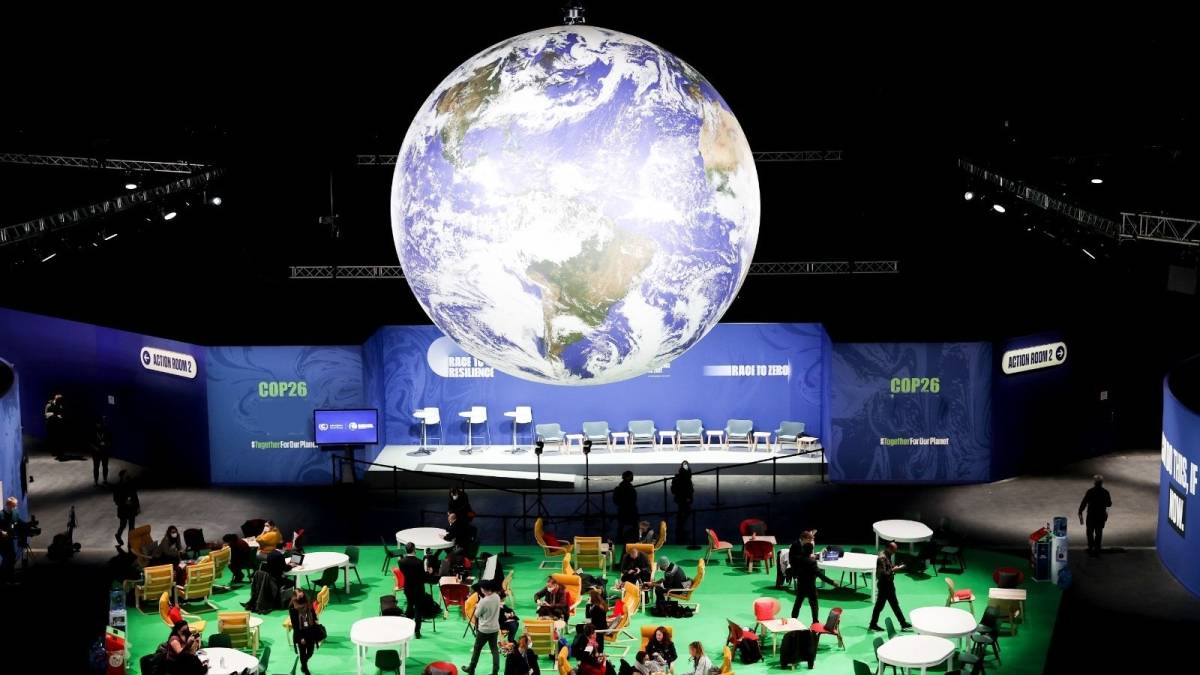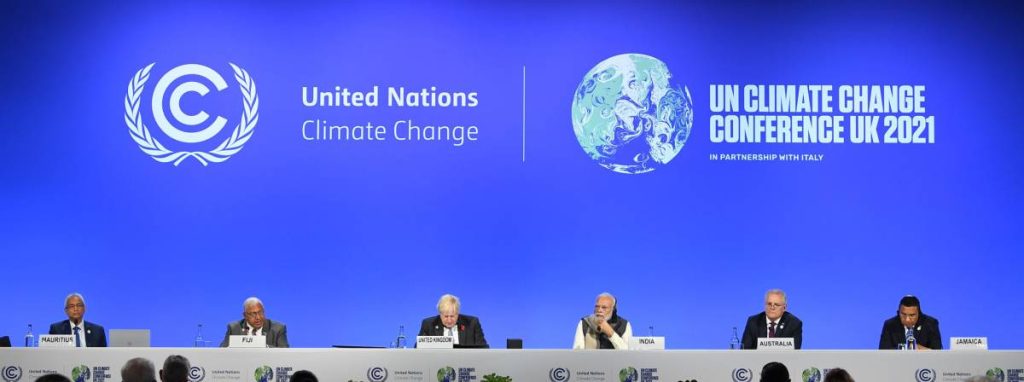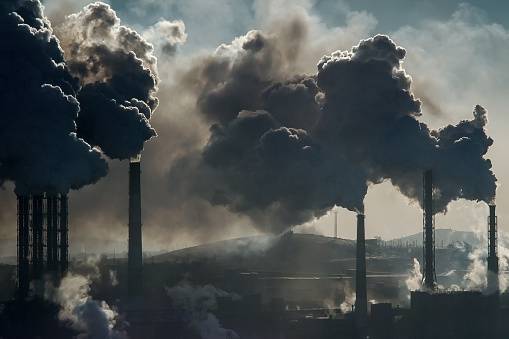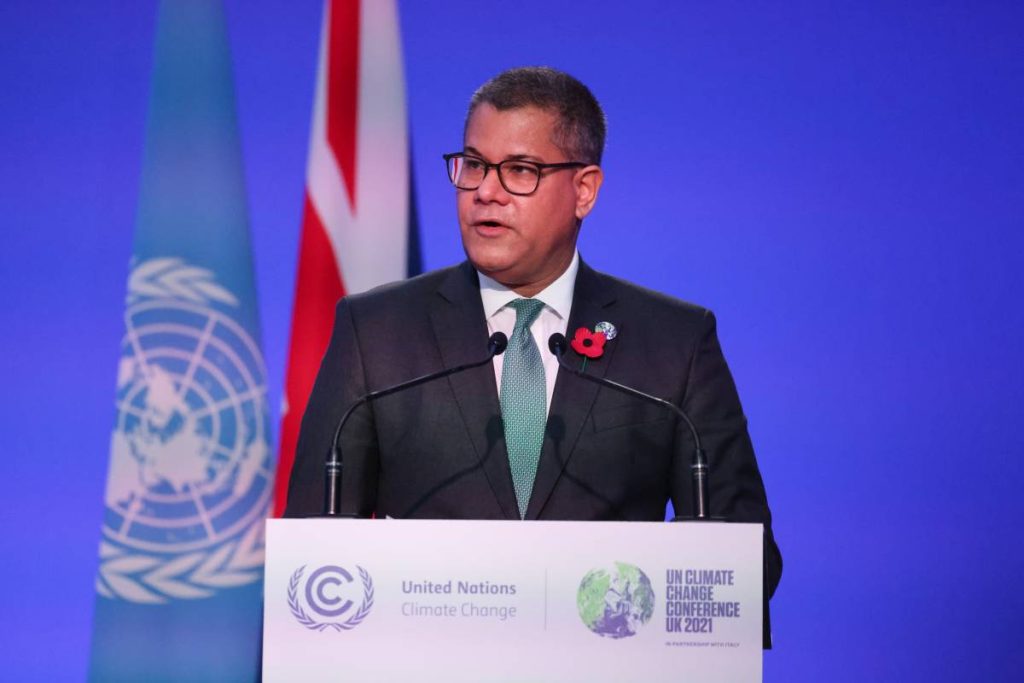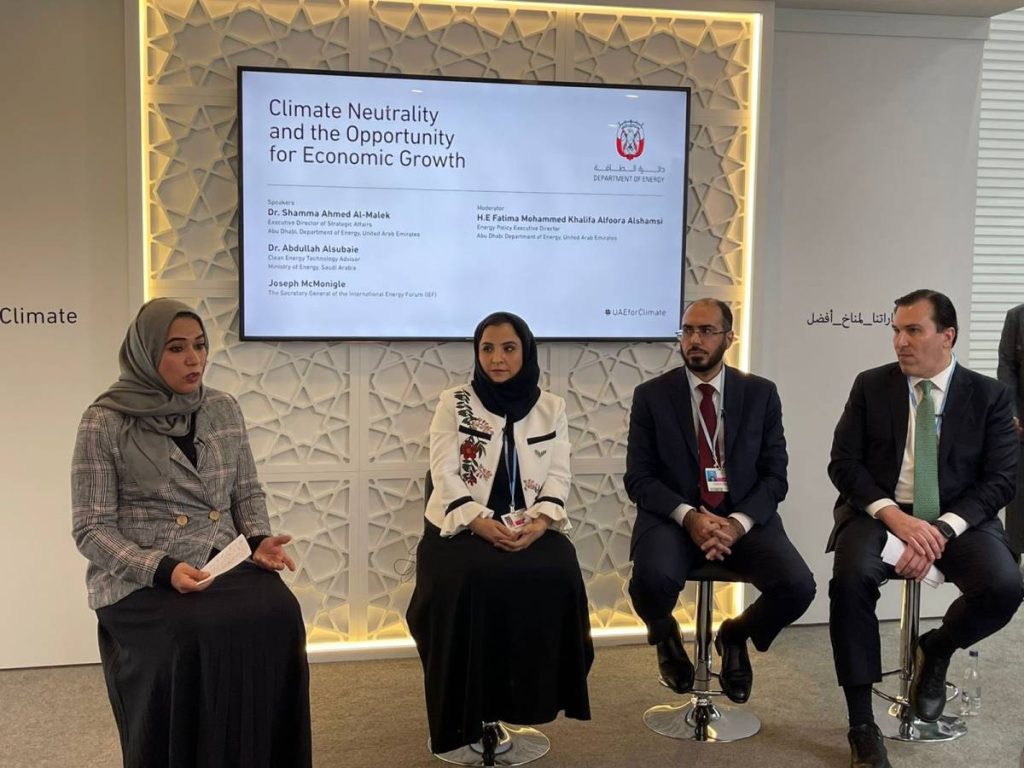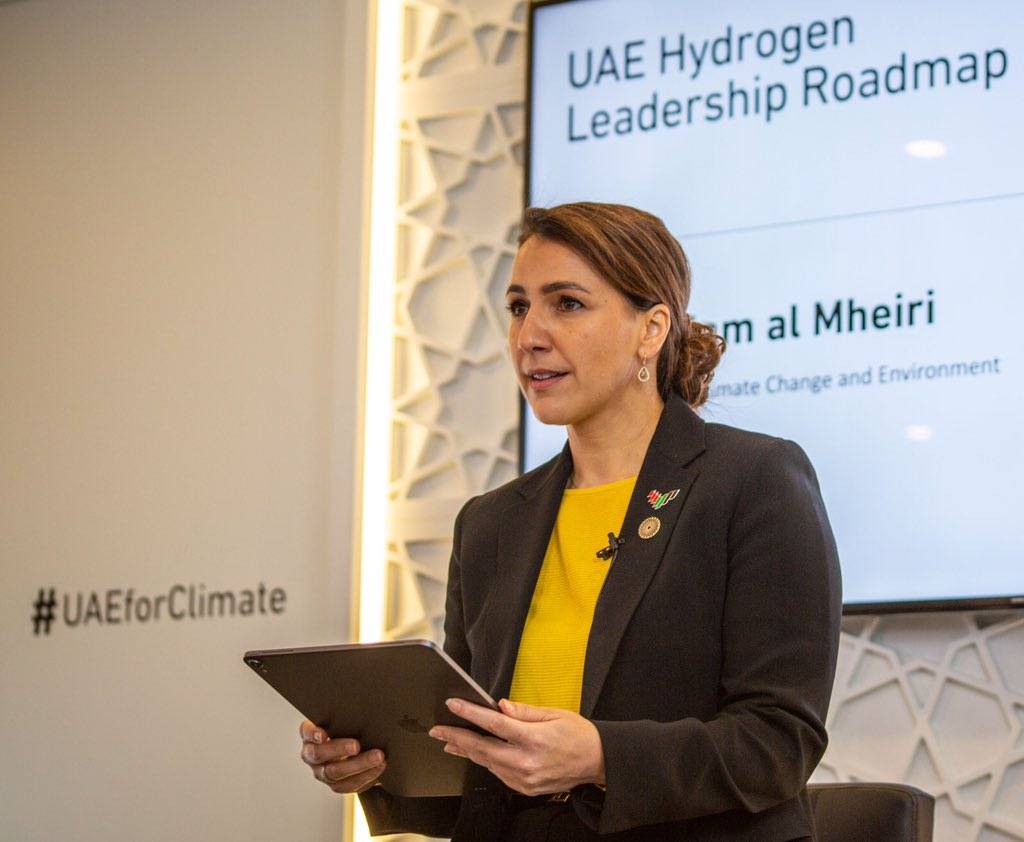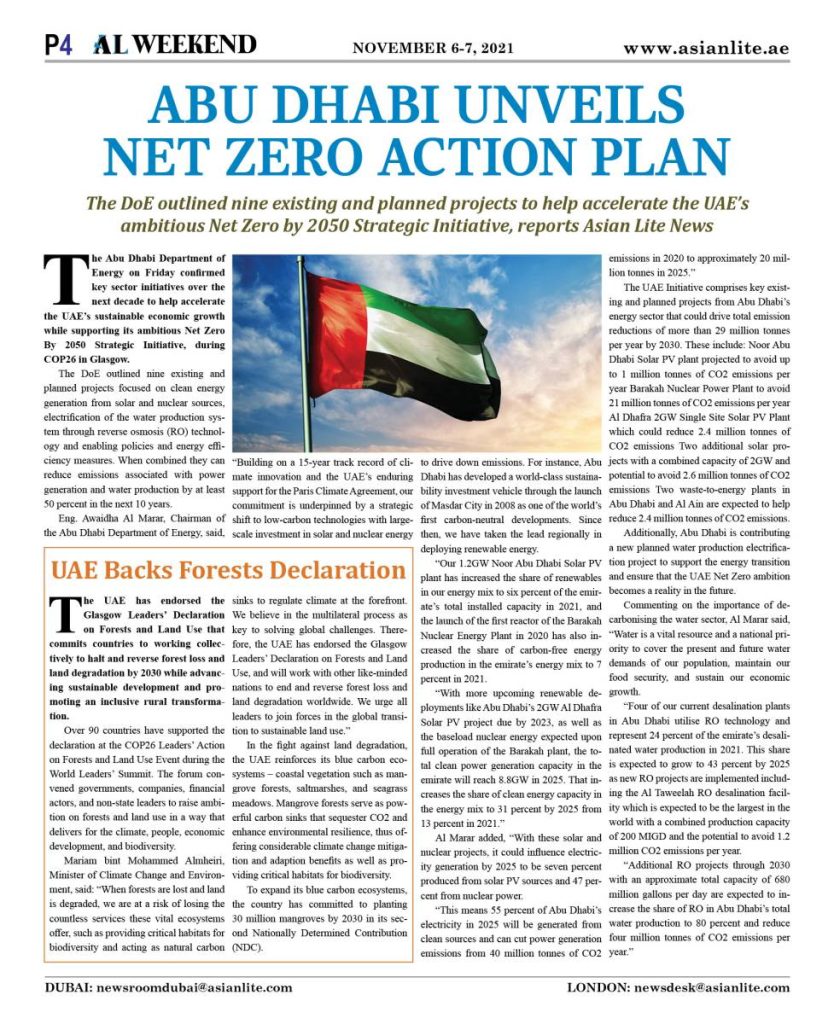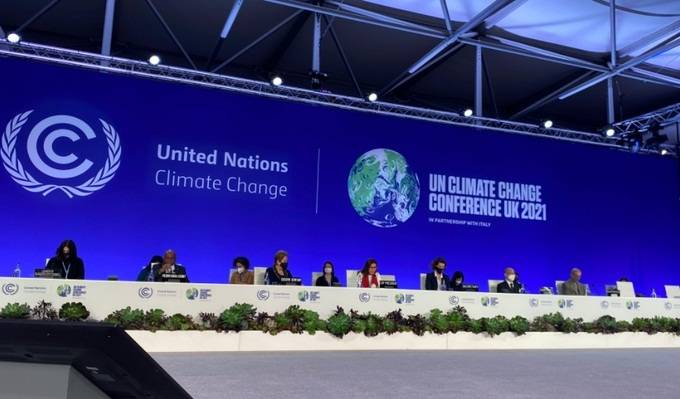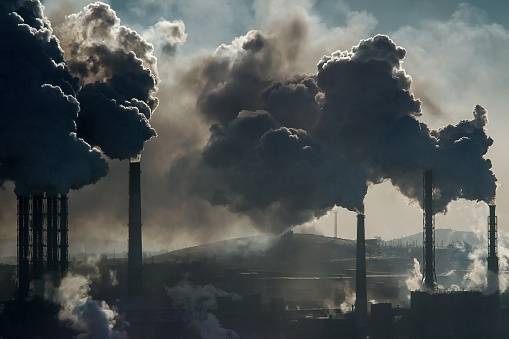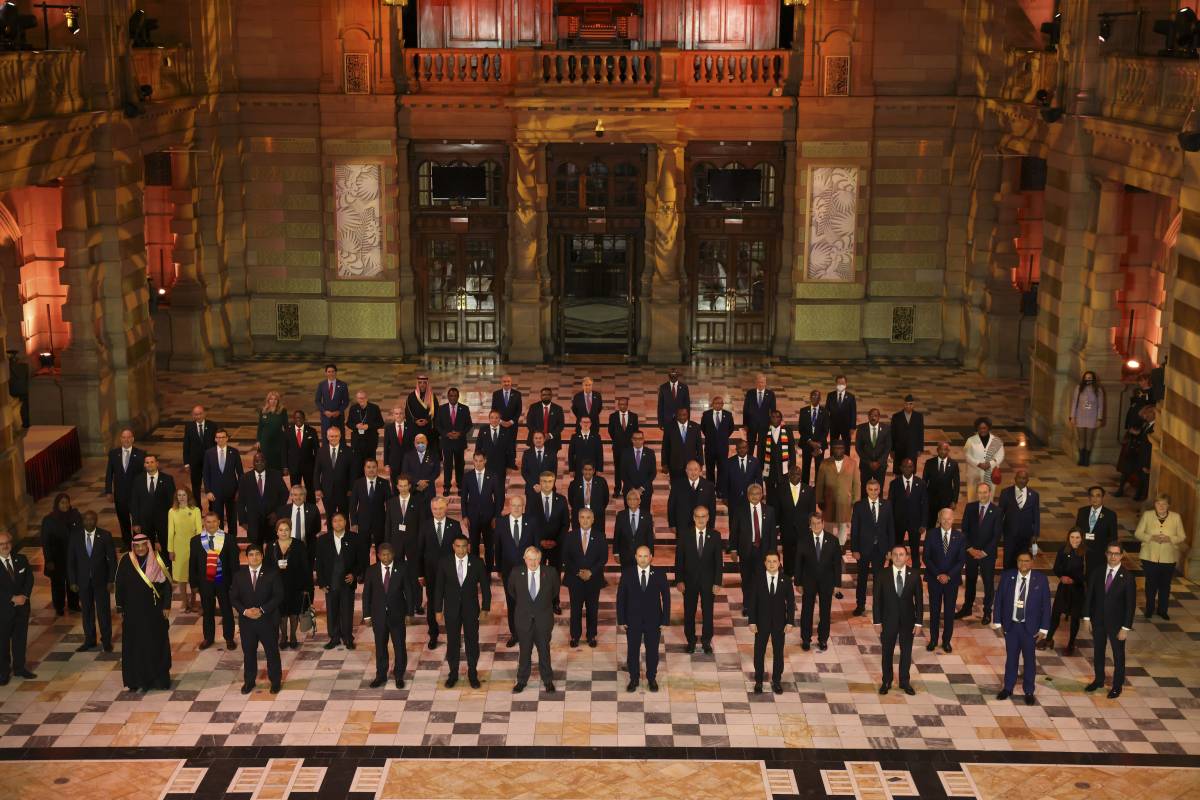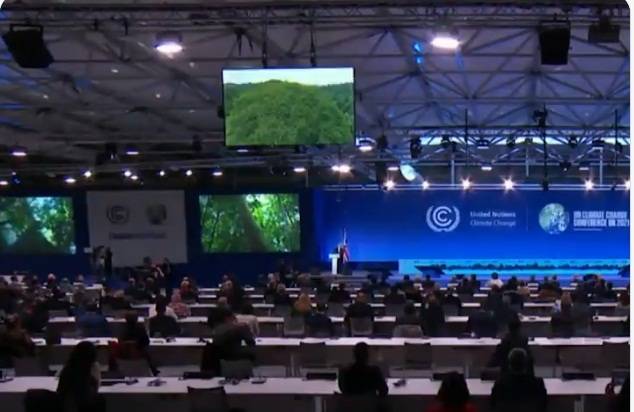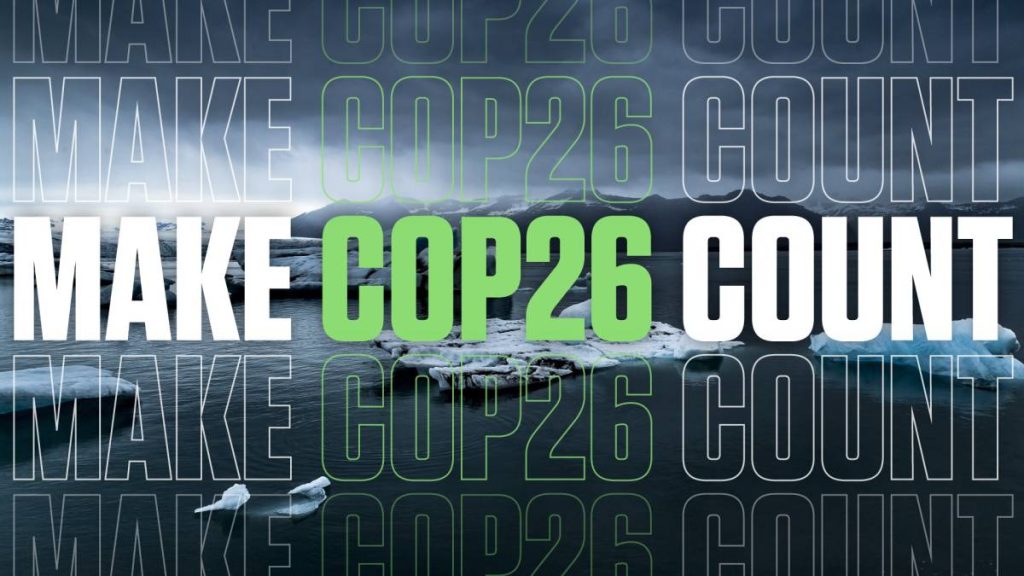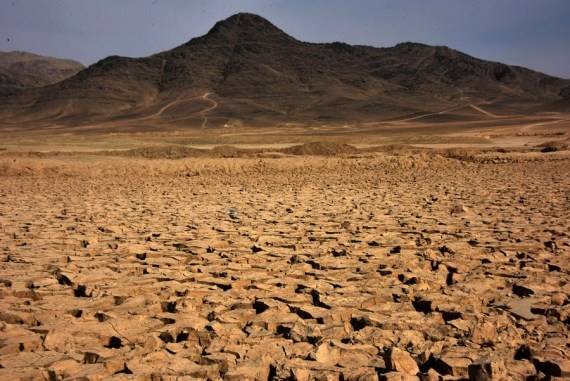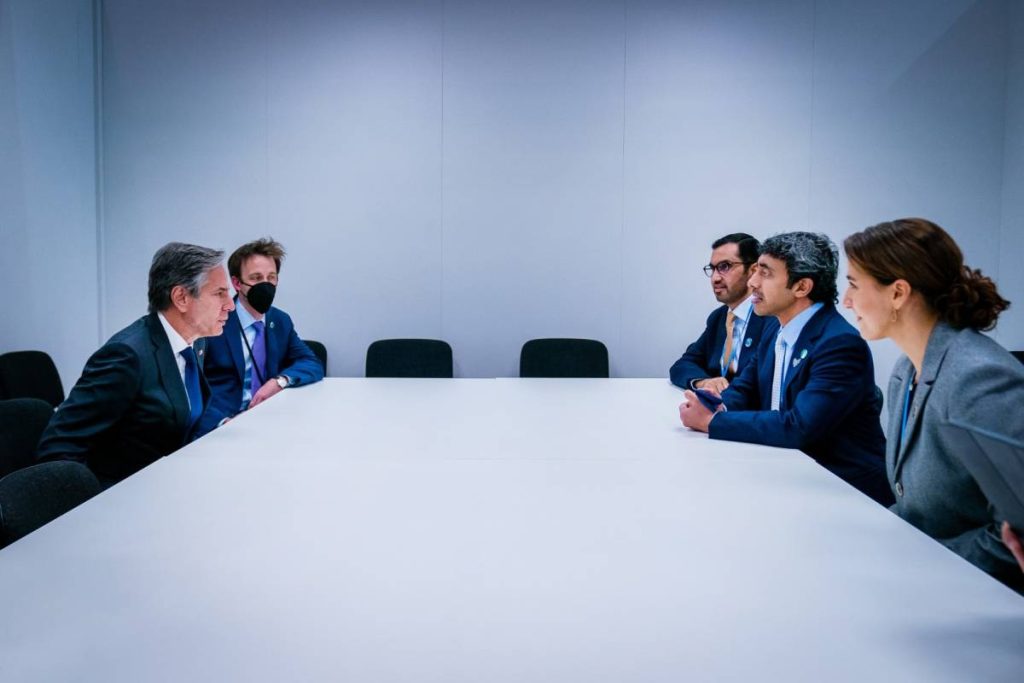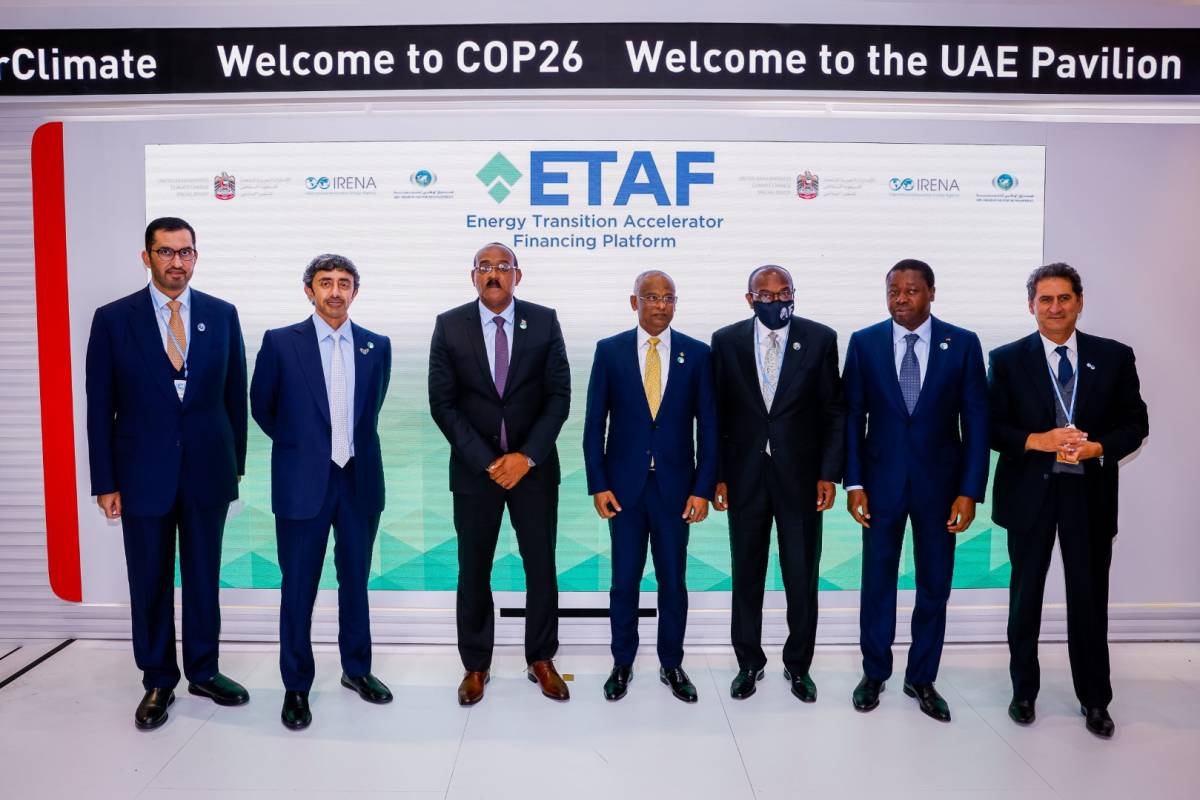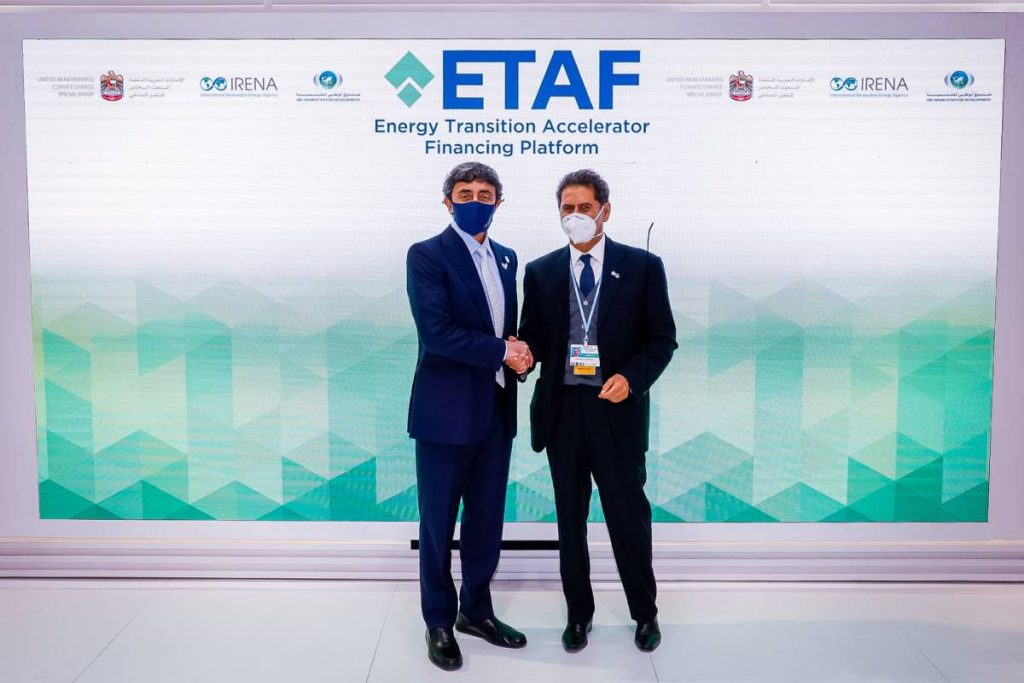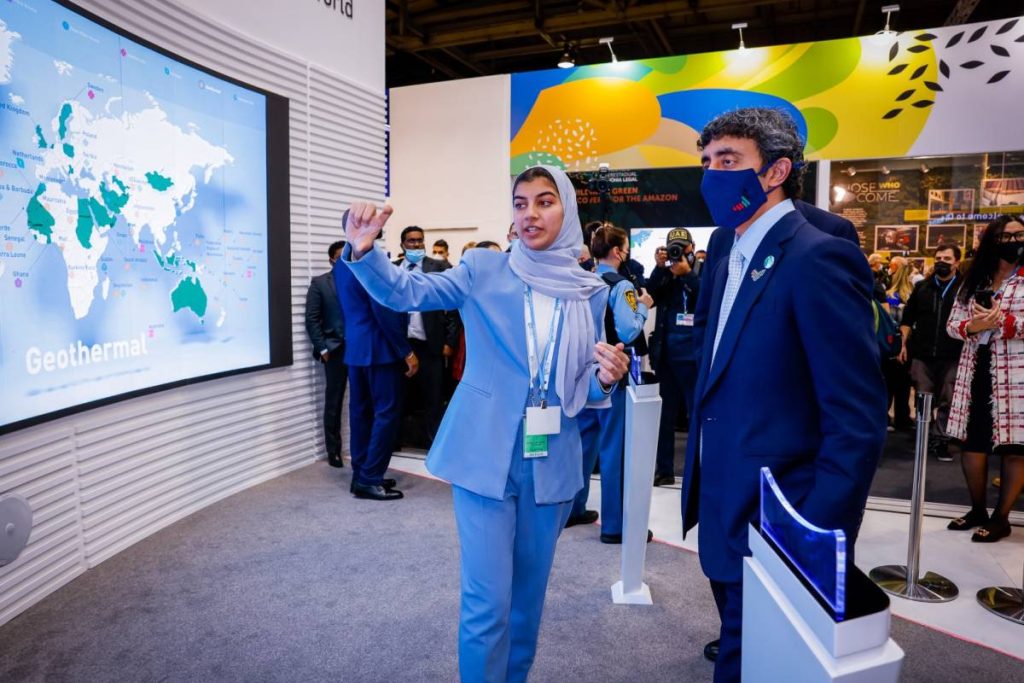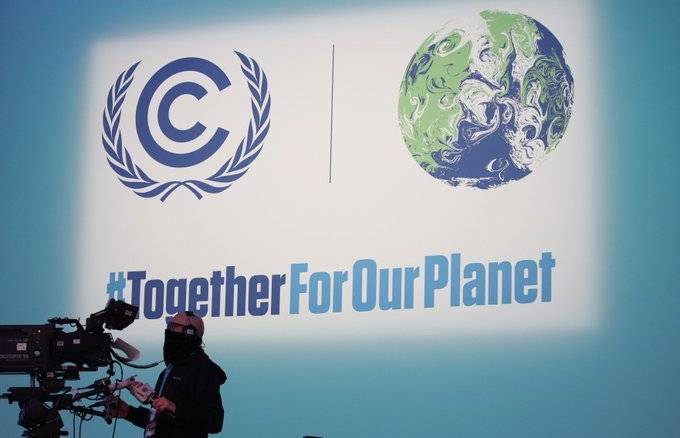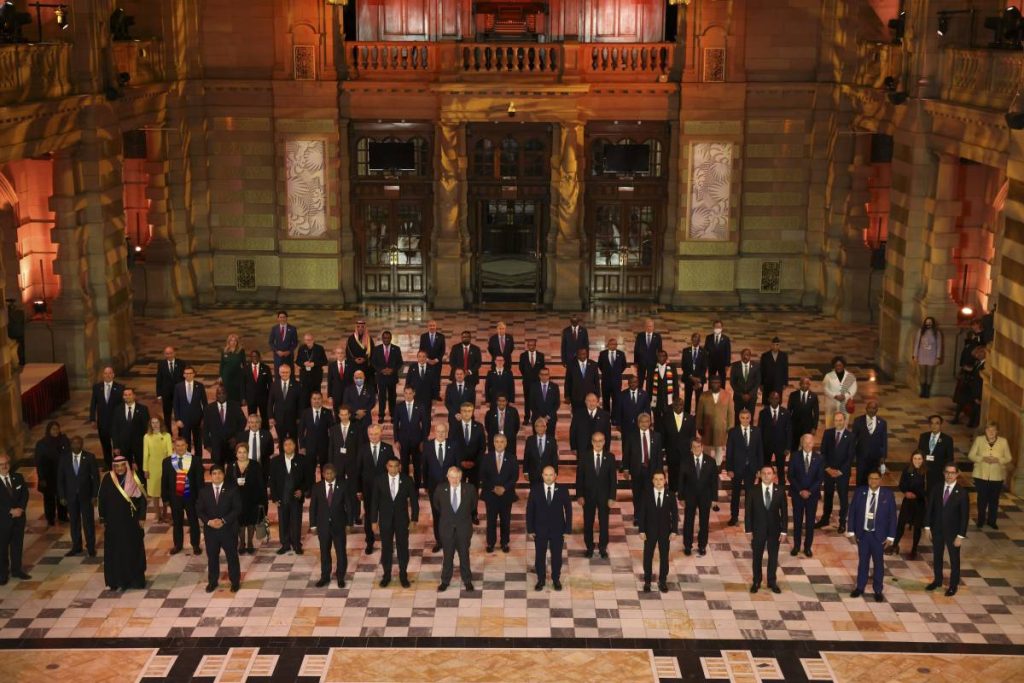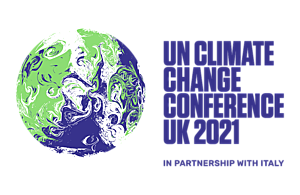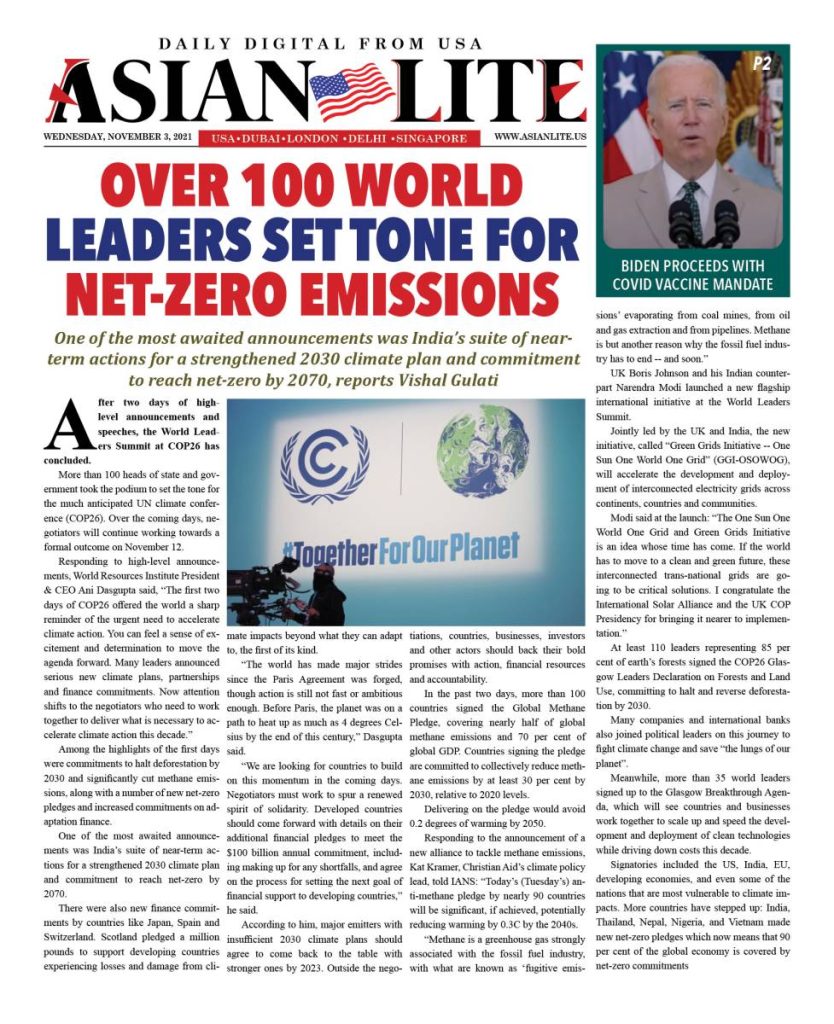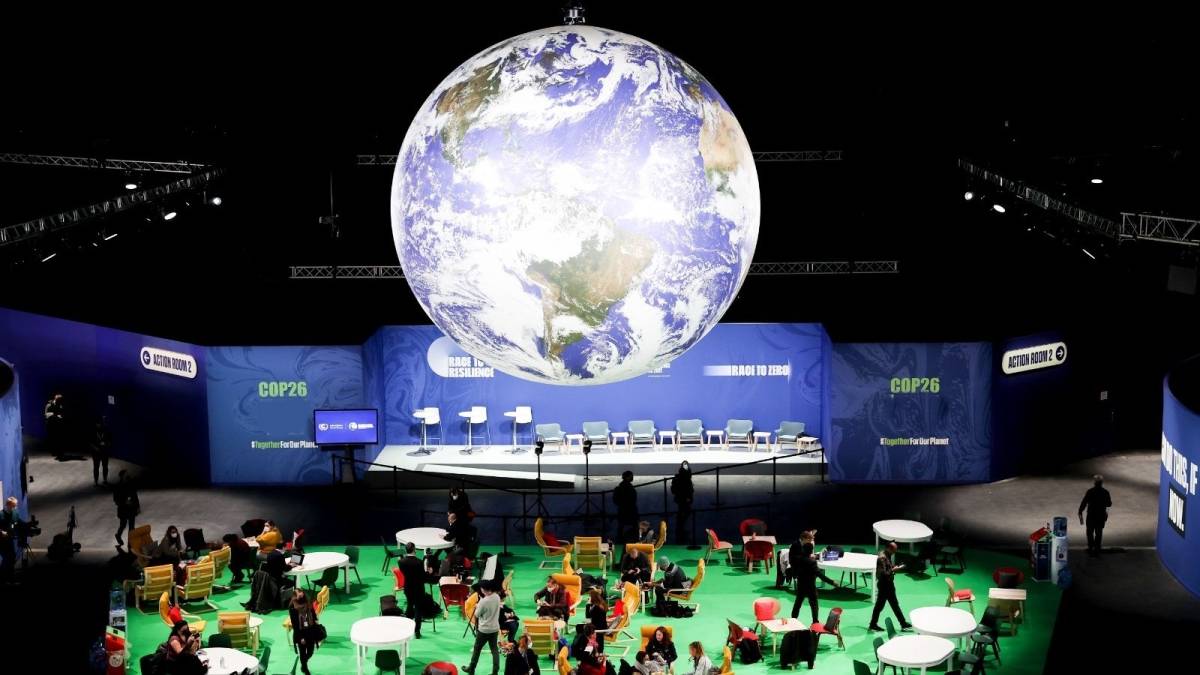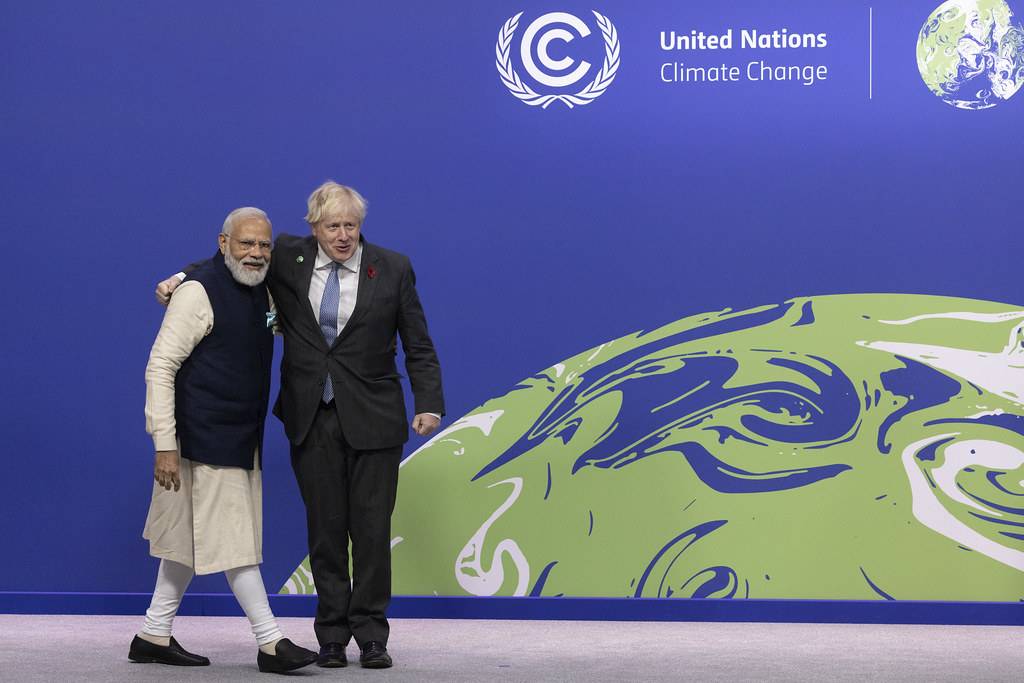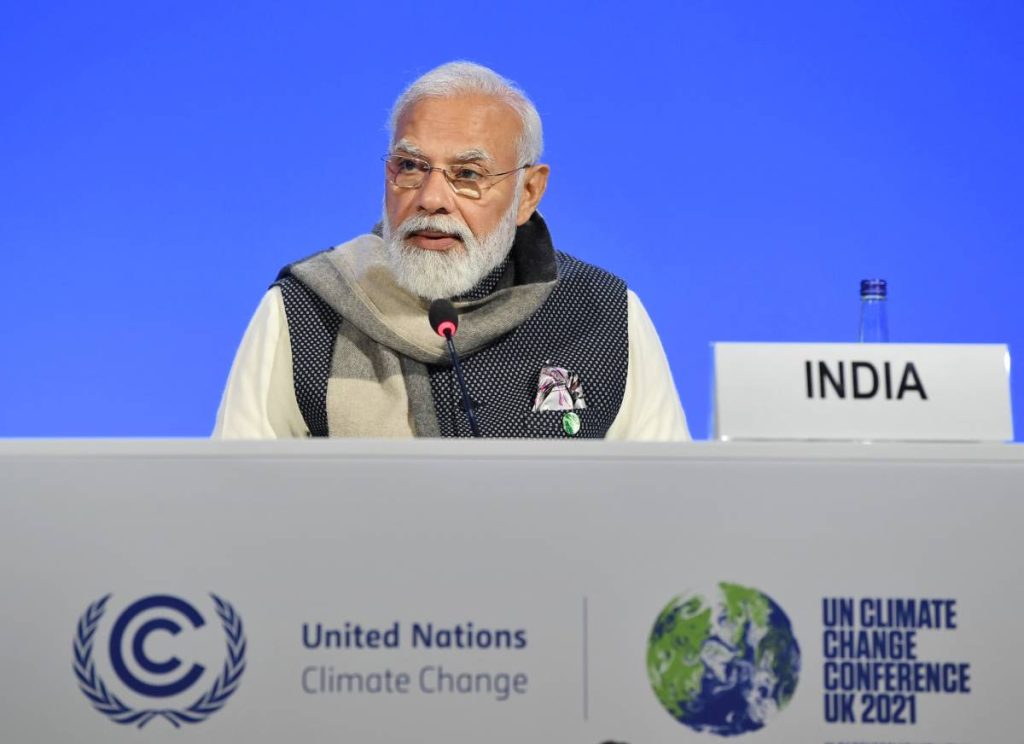The day was co-chaired by YOUNGO, the Official Children’s and Youth constituency of the UNFCCC which opened with a session called Unifying for Change: Global Youth voice at COP26, reports Asian Lite News
Young climate leaders came together in Glasgow on Friday with negotiators, officials and ministers from across the world, to make their voices heard and demand the action needed to prevent catastrophic climate change in their lifetimes.
Events across COP26 focused on harnessing the expertise of young people and putting their views directly to the negotiators and officials working to agree global action on climate change.
The day was co-chaired by YOUNGO, the Official Children’s and Youth constituency of the UNFCCC which opened with a session called Unifying for Change: Global Youth voice at COP26.
YOUNGO also presented the COY16 Global Youth Position statement, representing the views of over 40,000 young climate leaders from across the world. The statement presented their priorities directly to ministers, including action on climate finance, mobility and transportation, through to wildlife protection conservation.
COP26 President Alok Sharma said: “Wherever I have been in the world, I have been struck by the passion and the commitment of young people to climate action. The voices of young people must be heard and reflected in these negotiations here at COP. The actions and scrutiny of young people are key to us keeping 1.5 alive and creating a net-zero future.
“I am also aware of the fear and anxiety many of them feel about the future of the planet, including my own children. That is why we must act on the COY16 Global Youth Position Statement from COY16 and the manifesto from the Milan Youth4Climate Summit.”
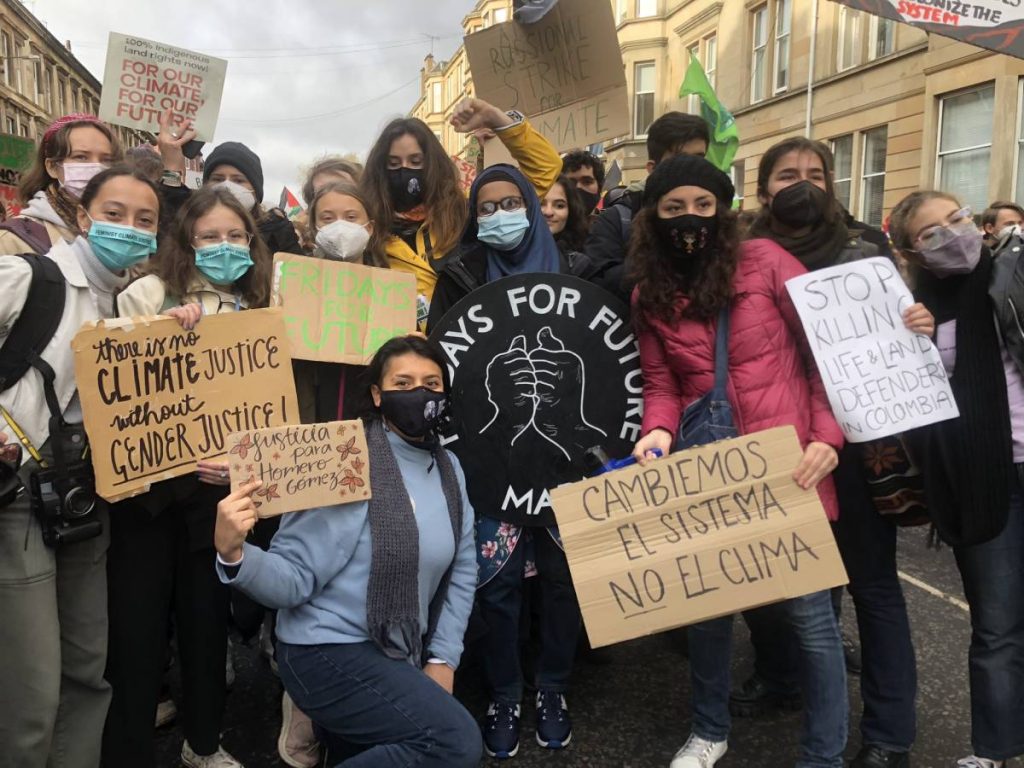
YOUNGO Global Focal Points, Heeta Lakhani and Marie-Claire Graf, said: “YOUNGO has been working closely with the UK. Presidency and the UNFCCC Secretariat to co-design Youth and Public Empowerment Day. We successfully profiled global youth voices through the COY16 Global Youth Statement, and brought together four generations to share best practice examples of achieving climate justice collectively.”
The UK also announced its draft Sustainability and Climate Change strategy to equip and empower young people with the skills they need to drive the future of climate action.
This includes the introduction of a Primary Science Model Curriculum, to include an emphasis on nature and the recognition of species, supporting the youngest pupils to develop conservation skills.
Education ministers from around the world also pledged to do the same with nations such as South Korea, Albania, and Sierra Leone pledging to put climate change at the heart of their curriculum.
The UK and Italy, in partnership with UNESCO, Youth4Climate and Mock COP co-ordinated new global action to equip future generations with the knowledge and skills to create a net-zero world.
As Education Ministers and young people gathered together, over 23 countries put forward impressive national climate education pledges, ranging from decarbonising the school sector to developing school resources.
The event also unveiled a new statement titled ‘Learn for our planet: Act for the climate’ which committed countries to revisit progress made on their pledges in advance of COP27.
The UK also announced a new 85,000 pound research grant to support the Internal Displacement Monitoring Centre to produce better information on the education needs of refugee children and enable a more effective international response.
Thunberg calls COP26 a ‘PR campaign’
Swedish activist, Greta Thunberg on Thursday (local time) called the COP26 climate summit a “greenwash campaign, a PR campaign”.
Speaking on the sidelines of the summit meeting, Thunberg said the event was “sort of turning into a greenwash campaign, a PR campaign,” for business leaders and politicians, reported The New York Times (NYT).
She said that the summit has become a venue for world leaders and business executives to pretend they are taking action on climate change without following through and termed the United Nations climate conference in Scotland as a ‘failure’.

“Since we are so far from what actually we needed, I think what would be considered a success would be if people realize what a failure this COP is,” Thunberg said.
Thunberg and other activists also spoke about the critical role that young women have played in pressuring world leaders to take action on climate change, reported NYT.
At panel events on Thursday at The New York Times Climate Hub in Glasgow, Thunberg and other young female activists, including Vanessa Nakate and Malala Yousafzai, also spoke about the critical role that young women have played in rallying protesters and pressuring world leaders to take action.
“It is the young people, especially young women who are the voices of the climate movement, and that gives hope to so many people,” Yousafzai said.
Nakate, a 24-year-old climate activist from Uganda and founder of the Africa-based Rise Up Movement, said at the panel discussion that the pledge by leaders of the 20 largest economies to “pursue efforts” to keep the average global temperature rise to 1.5 degrees Celsius did not go far enough.
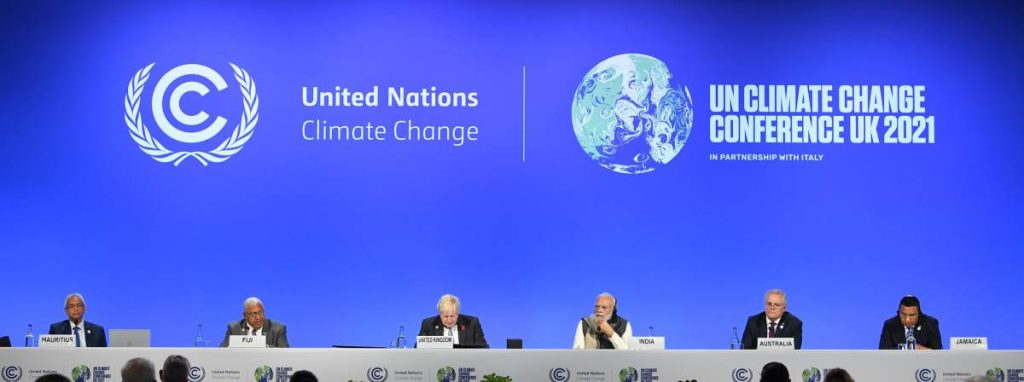
She said that 1.5 degrees would “not be safe” for communities like hers. “Even right now, it’s already evident that the climate crisis is ravaging different parts of the African continent,” Nakate said.
Yousafzai, 24, said that women were disproportionately impacted by the climate crisis.
“Treating climate change and gender inequality and girls’ education as separate issues is not doing justice to the cause of creating a fairer and better and cleaner world for all of us,” Yousafzai said. “It is important that we take these issues seriously and see the link between all of these.”
The comments came on the fifth day of the summit meeting, a gathering that John Kerry, the United States climate envoy, had billed as the planet’s “last, best chance” to curb the fossil fuel emissions that are driving climate change, reported NYT. (with inputs from ANI)
ALSO READ – COP26 pledges may close ambition gap by 9 Gt CO2


